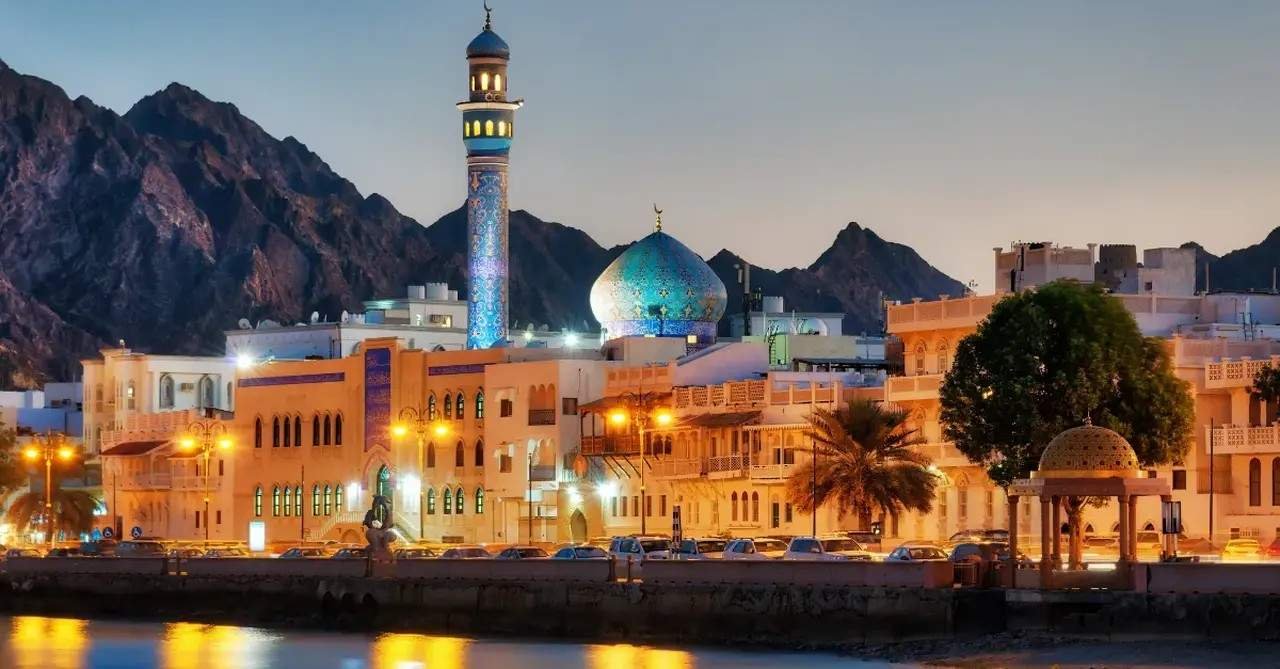A report by the International Monetary Fund (IMF) highlights the Gulf Cooperation Council (GCC) nations’ strategies to increase the digital sector’s share of GDP and make it central to government services. The GCC, comprising Bahrain, Oman, Qatar, Kuwait, Saudi Arabia, and the United Arab Emirates, has placed a significant emphasis on digitalization as a driver of innovation and economic growth.
The analysis reveals that each GCC country has incorporated ambitious digital strategies into their economic transformation plans, with clear targets for growth. In 2021, Oman’s digital economy accounted for 2% of real GDP, with a goal to increase this to 10% by 2040. Qatar’s digital economy contributed 4.5% to non-oil GDP in 2017, with plans to reach 7.8% by 2030. Saudi Arabia’s digital economy made up 11.5% of real GDP in 2018, aiming for 16% by 2025. The UAE’s digital economy was 9.7% of GDP in 2022, with a target to grow to 19.4% by 2032.
The report also focuses on the digitalization of government services. Bahrain plans to digitalize 200 types of government services by 2026, while Kuwait aims for 90% of its services to be digital by 2027. Qatar seeks 90% digitalization of government services by 2030, while Oman aspires to improve its United Nations E-Government Development Index ranking from 50th in 2020 to 10th by 2040. Saudi Arabia plans to rise from 31st in 2022 to 5th place by 2030. The UAE is aiming for full digitalization of all government services by 2025.
The IMF’s report identifies key pillars for GCC digital transformation, including modernizing digital infrastructure, enhancing the digital economy’s contribution to GDP, improving government efficiency, and promoting open governance. National ICT and broadband strategies, along with efforts to improve the quality of life and operational efficiency, are also integral to the region’s ambitious goals to raise citizens’ living standards.















